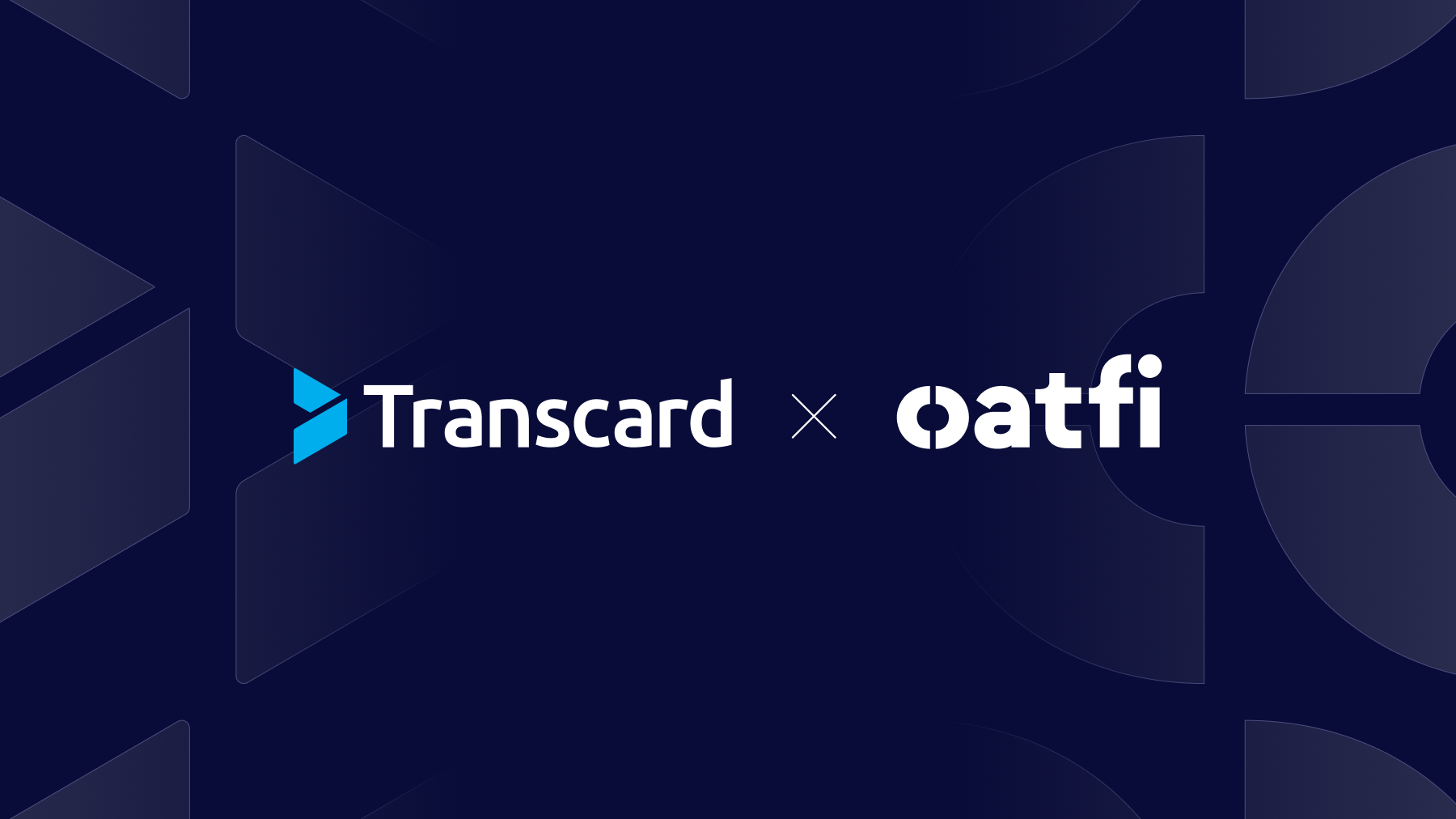When disaster strikes, customers want to know that they will be paid on their insurance claims fast.
- Damage to home or autos
- Travel insurance
- Healthcare payouts
These are all cases where prompt payment of claims (read: immediate) is a competitive differentiator.
But many insurers are putting themselves at a disadvantage by paying claims with paper checks. The time it takes to print and mail a paper check is likely to generate anxious telephone calls and social media complaints. Making matters worse, customers then must wait for the check to arrive and clear.
The lack of transparency on the whereabouts of a check payment exacerbates the problem for insurers. It is not uncommon for a check payment on an insurance claim to take so long that an adjuster will void and reissue the payment to appease an anxious customer on the phone. In addition to increasing costs, this lack of visibility makes it harder for insurers to manage their cash flow.
Customers want to receive payments on insurance claims fast to get their life back underway.
- Make repairs to their home or auto
- Get compensated for missed work
- Have a medical procedure done
That’s why more insurers are making claims payments electronically using Real-Time Payments (RTP), instant payments and reloadable debit cards – everything an insurer wants in a payment method, only faster.
Real-Time Payments (RTP)
Real-Time Payments is a new payment method launched by the National Automated Clearing House Association (NACHA) that facilitates the immediate sending and receipt of funds around the clock.
While RTP costs more than its ACH brethren, it is ideal for consumers who are used to interacting with businesses at all hours of the day and night. With RTP, an insurer can send a claim payment – such as for disaster relief – whenever their customer needs it most, including on a weekend.
Claims payments can be paid within seconds using RTP.
Faster claims payment can enhance customer satisfaction and reduce phone calls from customers.
Insurers also benefit from the elimination of costly and time-consuming reconciliation. RTP provides instant confirmation of the status of each transaction. What’s more, leading RTP solutions enable insurers to quickly access payment history, reducing research and follow-up activities.
And many RTP solutions work with an insurer’s legacy systems.
RTP provides insurers with an opportunity to win and retain customers through a more efficient, secure and engaging claims experience. Conversely, checks are a lot more costly than RTP, and they increase the chances that insurers will lose customers to disruptive “digital born” competitors.
Instant Payments
Instant payments are an option in cases where insurance customers need immediate financial assistance, such as when they’ve been involved in a car accident or suffered a disaster.
With instant payments, customers can receive at least a portion of their settlements before their claims has been finalized, to help cover essential expenses such as lodging, transportation or food. Customers generally receive funds in their bank account within seconds, with 24/7/365 accessibility.
Here’s how instant payments work:
- The insurer collects the customer’s name, the debit card number linked to an account at the customer’s financial institution, and the debit card’s expiration date.
- Payment information is routed to the appropriate debit network.
- Funds can be sent to both card and non-card endpoints, including bank accounts, mobile wallets or cash-out locations in nearly 100 countries.
- Funds can be delivered domestically and cross-border.
- Insurers can set transaction limits, velocity controls and other multi-level transaction controls to manage instant payments to customers.
- An API provides a single connection to all major debit card networks.
Through instant payments, insurance customers receive much need payment for claims directly into their bank accounts, via their debit cards, in near real-time, no matter where they are located.
Prepaid Debit Cards
Prepaid debit cards are another way that insurers can pay claims faster than checks.
Prepaid debit cards are loaded with the amount of an insurance claim. A prepaid debit card can be used like other debit cards. For instance, prepaid debit cards are accepted by most merchants and typically have a unique personal identification number (PIN). Consumers also can use prepaid debit cards to withdraw cash from automated teller machines (ATMs). And many prepaid debit cards are covered by the card issuer’s liability theft protection for lost cards or fraudulent transactions.
Importantly, compared to paper checks, prepaid debit cards get money into the hands of customers faster. Unlike checks, consumers don’t have to deposit or cash a prepaid debit card. And customers don’t need to have a bank account to use the funds; the cards can be used to withdraw cash from an ATM, pay bills in-person or online or make purchases from online and brick and mortar merchants.
What’s more, insurers can simply transfer funds into a debit card account, and instantly monitor the funding history. Recurring payments, such as those for workers compensation claims, also can be loaded into an account, eliminating the need to print and mail a check every month to a customer.
Stop Wasting Time with Check Payments
Customers expect everything to be available faster. This includes claims payments from insurers. No one has the patience to wait for checks to be printed and mailed and to arrive and clear. With RTP, instant payments and reloadable debit cards, insurers can pay claims faster, while achieving greater transparency and security than paper checks. Faster claims payments put insurers at a competitive advantage.
Best of all, leading omni-channel payments solutions support RTP, instant payments and reloadable debit cards.
Want to pay your insurance claims faster? Transcard wants to speak with you.




